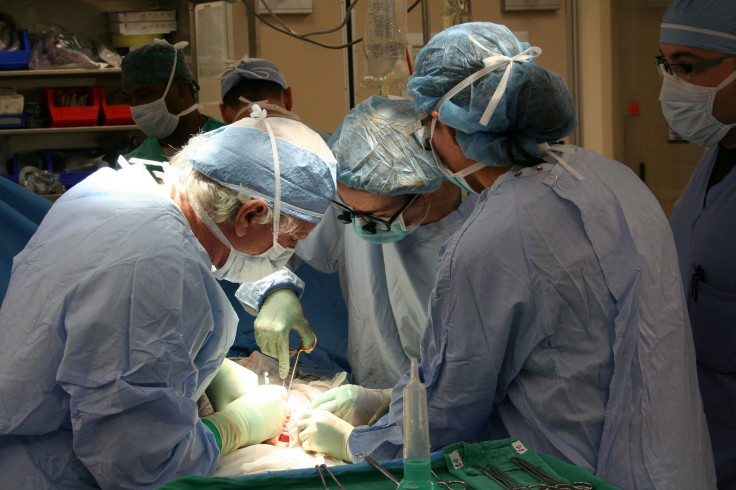Do Doctors Always Accept Donated Organs For Transplants?

People die every day while waiting for an organ transplant that never came. The numbers just don’t add up for them — more than 119,000 people, including children, are on a waiting list for a transplant, the U.S. Department of Health and Human Services says, but there isn’t anywhere near that number in donors. Only about 31,000 transplants of crucial organs like kidneys, livers, hearts and lungs were performed last year, in part because fewer than half of American adults are signed up to donate and few people die in a way that actually allows for their organs to be donated.
“People most frequently become donors after a stroke, heart attack or a severe head injury,” the United Network for Organ Sharing says.
Read: Fake Blood Powder Can Save Lives In Emergencies
With such a shortage of transplantable organs, doctors must gratefully accept every one they are offered, right? Well, no.
For starters, your organs may be too old. “Older donor age is a common reason for refusing to use a kidney for transplantation,” the Clinical Journal of the American Society of Nephrology said in a statement, but researchers in Italy have asserted that kidneys even 80 years old “can function for years after transplantation.” They found that people who had received kidney donations from those senior citizens had comparable survival rates to those who had received organs from people in their 50s, 60s and 70s almost five years after the transplants.
The Atlantic notes that organs may also be rejected for specific patients — but may find a home in someone else on the waiting list — based on a doctor’s judgment call. Those doctors may report that the size of the organ will not fit their patient, “or that the patient may have told their surgeon that they don’t want an organ from a donor over a certain age or who has used intravenous drugs, even if the liver has been cleared for transplant,” the publication says. Additionally, “they may say they decided that the patient is likely to live long enough to receive an offer of a higher-quality liver.” Researchers from the University of Pennsylvania School of Medicine studying liver transplants found that “only 37 percent of the organs included in the study were accepted for the first (sickest) patient.” That leaves a lot of organs left behind: The Atlantic reports that about 10 percent of donated livers went unused in 2014.
Disease is another reason organs may be declined. The HHS says illnesses don’t necessarily rule someone out as an organ donor, but an HIV infection or an active cancer could. “The transplant team will determine what can be used at the time of your death based on a clinical evaluation, medical history and other factors,” the federal agency says.
Regardless of these eliminating factors for donating organs, a small chance of giving someone the gift of an organ is better than none at all: “Even if there's only one organ or tissue that can be used, that's one life saved or improved.”
See also:



























